April 17, 2025 | 16:17 GMT +7
April 17, 2025 | 16:17 GMT +7
Hotline: 0913.378.918
April 17, 2025 | 16:17 GMT +7
Hotline: 0913.378.918
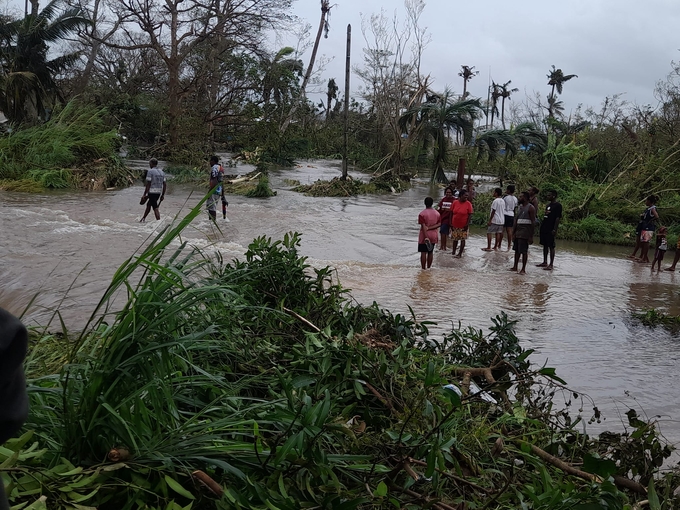
Back-to-back Tropical Cyclones Judy and Kevin made landfall over Vanuatu on March 1 and 3, respectively, causing widespread damage, flooding, and power outages.
The Category 4 Tropical Cyclones Judy and Kevin that made landfall over Vanuatu earlier this month have left a trail of destruction in their wake, affecting some 80 percent of the population and causing widespread damage, flooding and power outages. With about three-quarters of the population relying on agriculture, the Food and Agriculture Organization of the United Nations (FAO) is warning about the potential impacts these back-to-back tropical cyclones will have on rural livelihoods.
In response, FAO has swiftly reallocated resources from its ongoing programmes to immediately deliver the most pressing needs for the island’s inhabitants and their livelihoods; and is mobilizing additional resources to address further immediate response and recovery support needs.
"As the largest implementing agency supporting Government on food security and livelihoods in Vanuatu, FAO has mobilized its capacities to support Vanuatu’s recovery following these devastating natural disasters," said FAO Deputy Director-General, Laurent Thomas. "We are working closely with the Government and National Food Security Cluster partners to assess agricultural [crops, livestock and fishery] damages and address the food security and rural farmers’ immediate recovery needs mobilizing our own resources and redirecting available funding."
The coming weeks will be critical to recover what is left of the harvests and protect remaining livestock during this current vegetable planting season and to prepare for the oncoming dry season. FAO is working closely with the Government of Vanuatu to identify immediate agricultural inputs, which include but are not limited to, seeds and planting materials, gardening tools, 2-wheeled rotovators, earth augers, water tanks and irrigation kits. Fencing is also a priority to prevent wandering livestock from destroying available crops. Fish aggregating devices will also be needed to support recovery efforts in the fisheries sector.
Scaling up action in Vanuatu
FAO swiftly pivoted its ongoing programmes to facilitate immediate response and recovery support. The team on the ground has secured over 40 000 seed packets and, in coordination with the Food Security and Agricultural Cluster partners, will distribute these to project sites in the most affected provinces of Shefa, Tafea and Penama. FAO is also providing agroforestry and livestock support packages as well as household biogas digesters across the islands of Tanna in Tafea Province, Efate and Tongoa in Shefa Province, among other sites. In April, FAO will provide 15 fish aggregating devices.
The Organization has already assisted with initial field damage assessments across the various sectors and is gearing up to conduct a damage and loss assessment for the agriculture sector in liaison with the Government. Preliminary data points to significant losses and damages to gardens, crops and trees, including complete losses to avocado, some citrus crops, taro, manioc, kumala (sweet potato), Island cabbage, tomatoes and other fruit trees in Efate Island.
“While the full extent of the situation is still emerging, it is apparent that Vanuatu will need both immediate and long-term support. FAO is looking at all the options on the possible availability and repositioning of resources on how it can best support government efforts to evaluate the damage and implement initial relief efforts,” said Xiangjun Yao, FAO Representative in Vanuatu.
FAO’s experience in Vanuatu
Over the past three decades, FAO has been working in Vanuatu, focusing on agricultural data collection, strengthening capacities for local food production, developing market linkages and building resilience to the effects of climate change.
FAO has been supporting Vanuatu in its response to a range of shocks and disasters, including two Category 5 Tropical Cyclones, Pam and Harold in 2015 and 2020, respectively and has been using the lessons learned in its current immediate response actions. Both cyclones caused widespread and severe damages to the agricultural, livestock and fisheries sectors and posed immediate and long-term threat to food security in the country.
During the earlier responses, FAO mobilized efforts to support the Government of Vanuatu with assessments and emergency response, including livestock and fisheries inputs, as well as assistance with food security information management and the development of an early warning early action system. During the Tropical Cyclone Harold response, it was crucial to restore local agricultural, livestock and fisheries production as quickly as possible given the Government’s position against imported food aid due to COVID-19.
Vanuatu is one of the 14 Small Island Developing States (SIDS) in the Western Pacific, a region prone to disasters that faces a number of natural hazards including cyclones, drought (including El Niño) and volcanic eruptions. The Island nation of Vanuatu is among the world’s 15 most at-risk countries from extreme natural disasters, including vulnerability to the climate crisis.
(FAO.org)
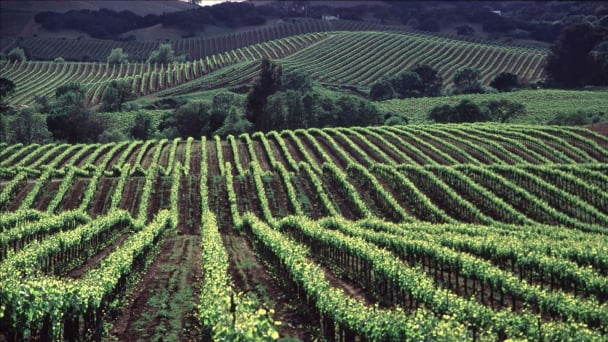
(VAN) California's $59 billion agriculture industry faces serious disruption as the U.S. clashes with China - one of the state's major export markets.
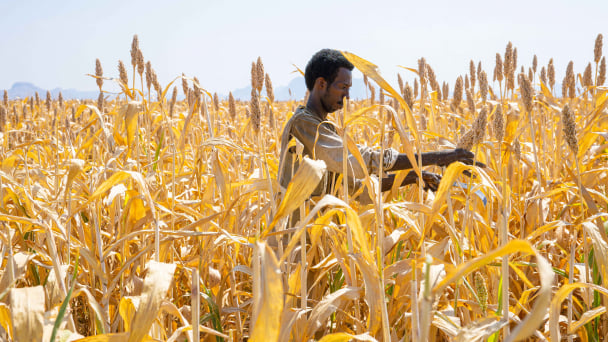
(VAN) Five things you should know about Sudan's food security crisis.
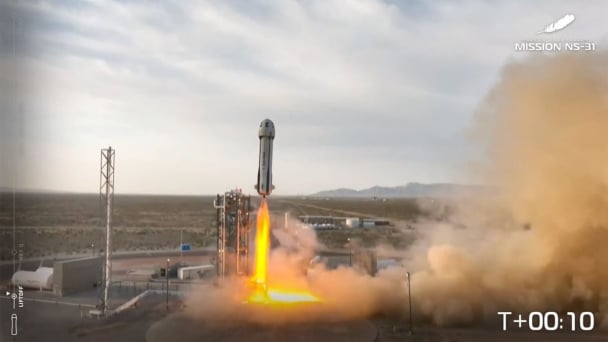
(VAN) 169 lotus seeds selected by the Vietnam Academy of Agricultural Sciences were carried into space by Vietnamese-American astronaut Amanda Nguyen.
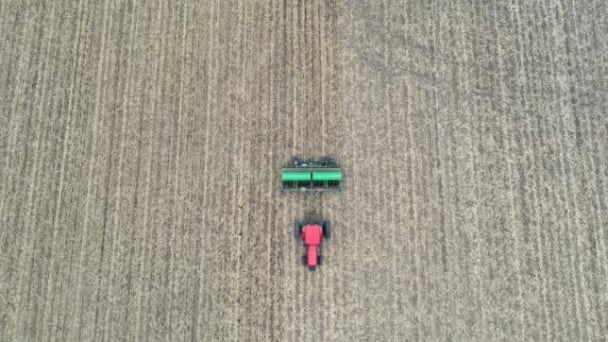
(VAN) Tariffs are making life more expensive for John Pihl. He's been farming in Northern Illinois for more than 50 years.
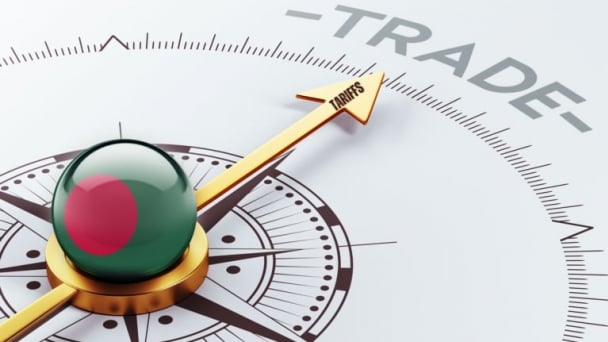
(VAN) European and American farmer organisations are concerned about the import tariffs that the United States introduced on 9 April for products from the European Union. This makes them 20% more expensive.

(VAN) Global poultry trade is expected to remain strong amid relatively tight global protein supply and growing consumption, RaboResearch concludes in its latest animal protein report.
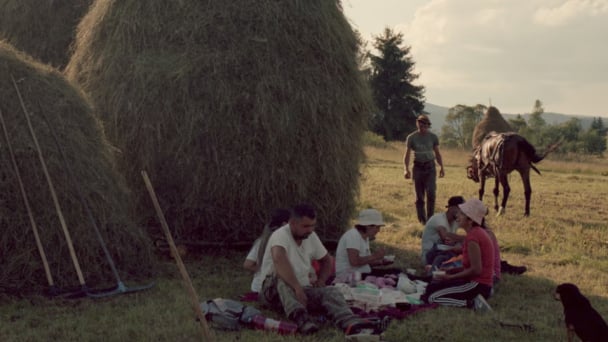
(VAN) Traditional methods benefit hundreds of species but as new agricultural techniques take over, the distinctive haystacks mark a vanishing way of life.